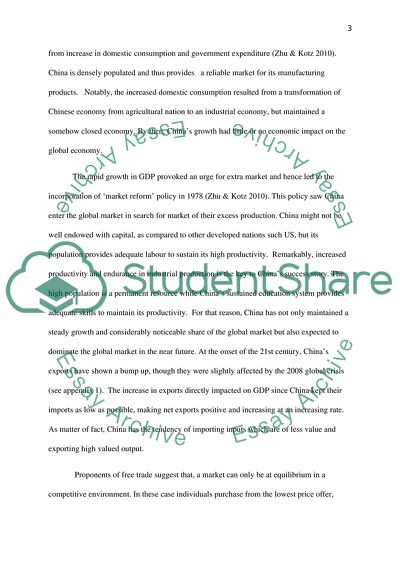Cite this document
(“ANALYSE THE WIDER IMPACT(S) UPON THE WORLD ECONOMY OF THE RISE OF THE Essay”, n.d.)
ANALYSE THE WIDER IMPACT(S) UPON THE WORLD ECONOMY OF THE RISE OF THE Essay. Retrieved from https://studentshare.org/macro-microeconomics/1673439-analyse-the-wider-impacts-upon-the-world-economy-of-the-rise-of-the-importance-of-china
ANALYSE THE WIDER IMPACT(S) UPON THE WORLD ECONOMY OF THE RISE OF THE Essay. Retrieved from https://studentshare.org/macro-microeconomics/1673439-analyse-the-wider-impacts-upon-the-world-economy-of-the-rise-of-the-importance-of-china
(ANALYSE THE WIDER IMPACT(S) UPON THE WORLD ECONOMY OF THE RISE OF THE Essay)
ANALYSE THE WIDER IMPACT(S) UPON THE WORLD ECONOMY OF THE RISE OF THE Essay. https://studentshare.org/macro-microeconomics/1673439-analyse-the-wider-impacts-upon-the-world-economy-of-the-rise-of-the-importance-of-china.
ANALYSE THE WIDER IMPACT(S) UPON THE WORLD ECONOMY OF THE RISE OF THE Essay. https://studentshare.org/macro-microeconomics/1673439-analyse-the-wider-impacts-upon-the-world-economy-of-the-rise-of-the-importance-of-china.
“ANALYSE THE WIDER IMPACT(S) UPON THE WORLD ECONOMY OF THE RISE OF THE Essay”, n.d. https://studentshare.org/macro-microeconomics/1673439-analyse-the-wider-impacts-upon-the-world-economy-of-the-rise-of-the-importance-of-china.


